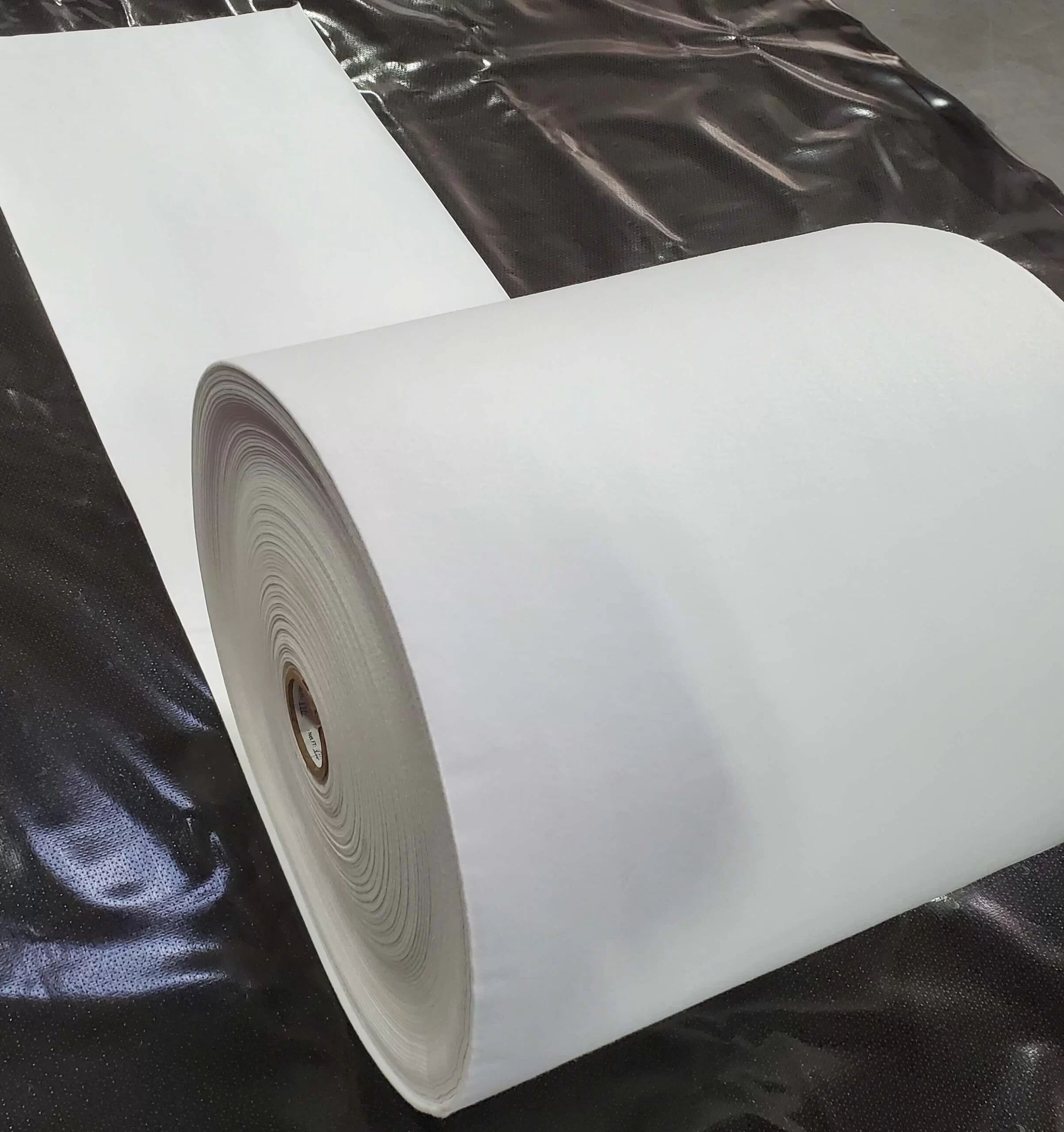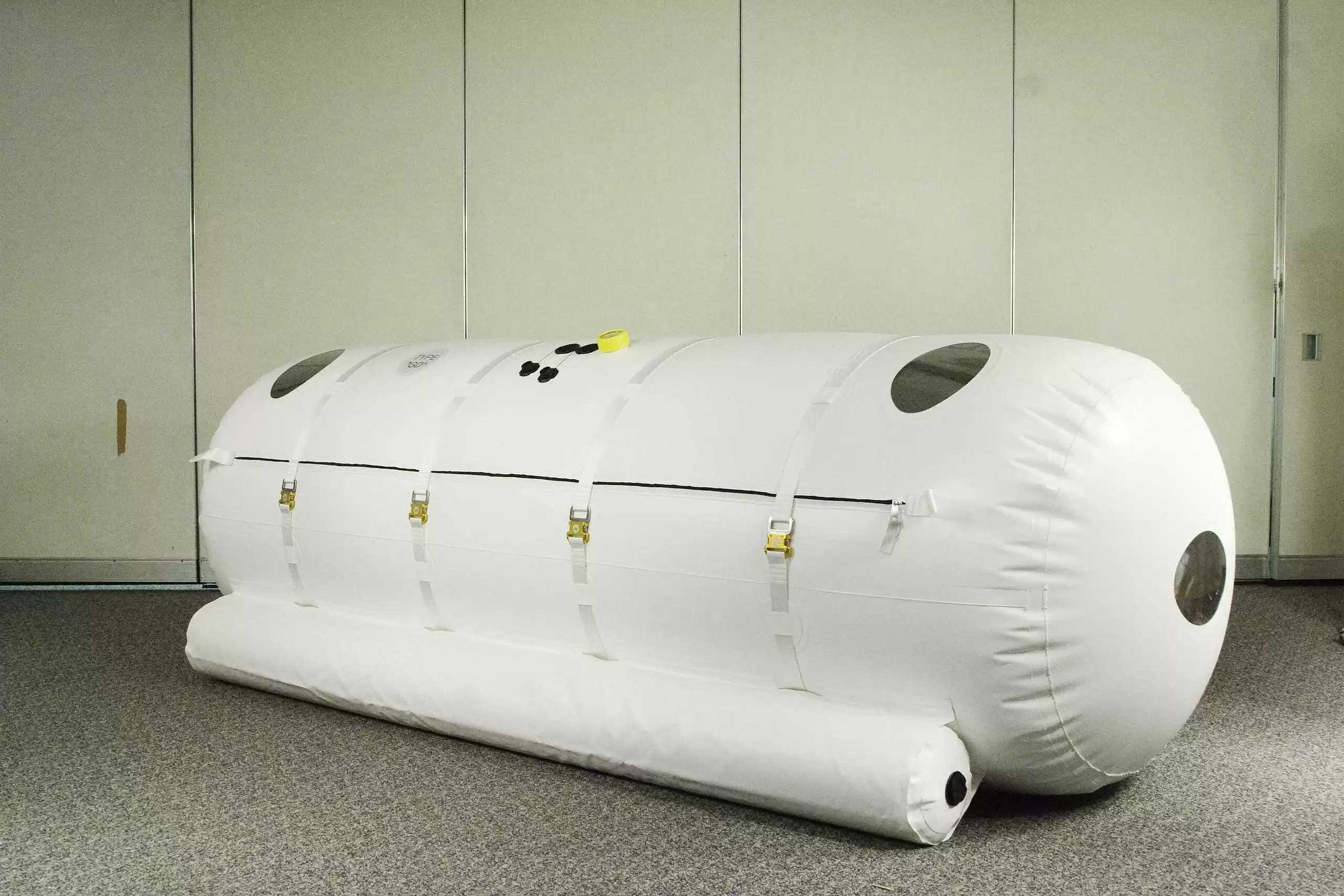The use of thermoplastic polyurethane (TPU) has become increasingly more popular in the healthcare industry in recent years. This versatile material is already used widely for electronics and in heavy industry. But it has several characteristics that make it particularly well suited for medical applications. In fact, many medical engineers see TPU medical grade as a top contender to replace widely used PVC materials.
So, what is TPU medical grade, and what makes it so special? In this article, we present five beneficial characteristics of TPU medical grade.
Learn more about how you can ensure top quality MAterials for your Medical Device
Finding The Right Materials For Medical Applications Is A Challenge
When it comes to designing medical devices, the challenge is two-fold. The material must be approved for use by rigorous healthcare standards. Additionally, achieving functionality can demand very unique qualities from the materials they are made of. For example, catheters and IV tubes must be extremely flexible for patient comfort. That means silicone, metal and most materials will be too stiff to be used in such applications.
What you need to know about PVC
In our previous article, we mentioned that PVC has been widely used for such devices in past years since it can be softened with plasticizers. However, PVC has largely fallen out of favor because it has been found that chemicals from common plasticizers can leach out of the medical tubing, fluid bags, and other devices. These chemicals have been associated with cancer and liver disease and therefore banned for use in numerous countries around the world.
The Benefits of Medical-grade TPU
Medical TPU solves many of these problems and brings some additional advantages for medical device designers. This plastic material offers nearly the same flexibility as PVC without requiring the use of plasticizers and it’s even more durable. In fact, TPU can be up to four times stronger than similar elastomers like silicone.
Strength
When developing medical tubing, for example, it’s possible to develop tubes with thinner wall thicknesses for the same maximum pressure than could be done using PVC or silicone. For a tube with a given outer diameter, the inner diameter can be larger and fluid flow rates can be higher.
High Moldabilty
TPU is highly moldable, and therefore can be incorporated into a wide variety of medical implants.
Biocompatible
TPU medical grade is also biocompatible. Numerous TPU medical grades have passed USP Class VI biological testing, which measures materials’ hemocompatibility, cytotoxicity, irritation, and sensitization. Medical TPU won’t trigger adverse reactions in the vast majority of patients or leach chemicals like PVC.
Coloring
Additional properties of TPU that make it appealing to medical designers include non-yellowing and the ability to be color-matched for different applications.
Chemical Resistant
Medical TPU is abrasion resistant, chemical resistant, and won’t soften or rigid over time.
TPU Medical Grade at E2
Increasingly, medical device designers and healthcare product manufacturers are switching to TPU over other types of medical plastics. TPU has the durability and malleability required for most product designs as well as the flexibility and biocompatibility to make it friendly and safe for patients.
If you’re thinking about making the switch to medical-grade TPU coated fabric, E2 can help. We offer a wide range of medical TPU materials that can be customized for your healthcare applications. Get in touch with our team today to find out more about what you can create with medical TPU.














